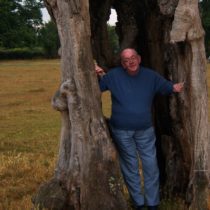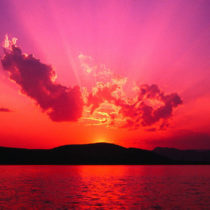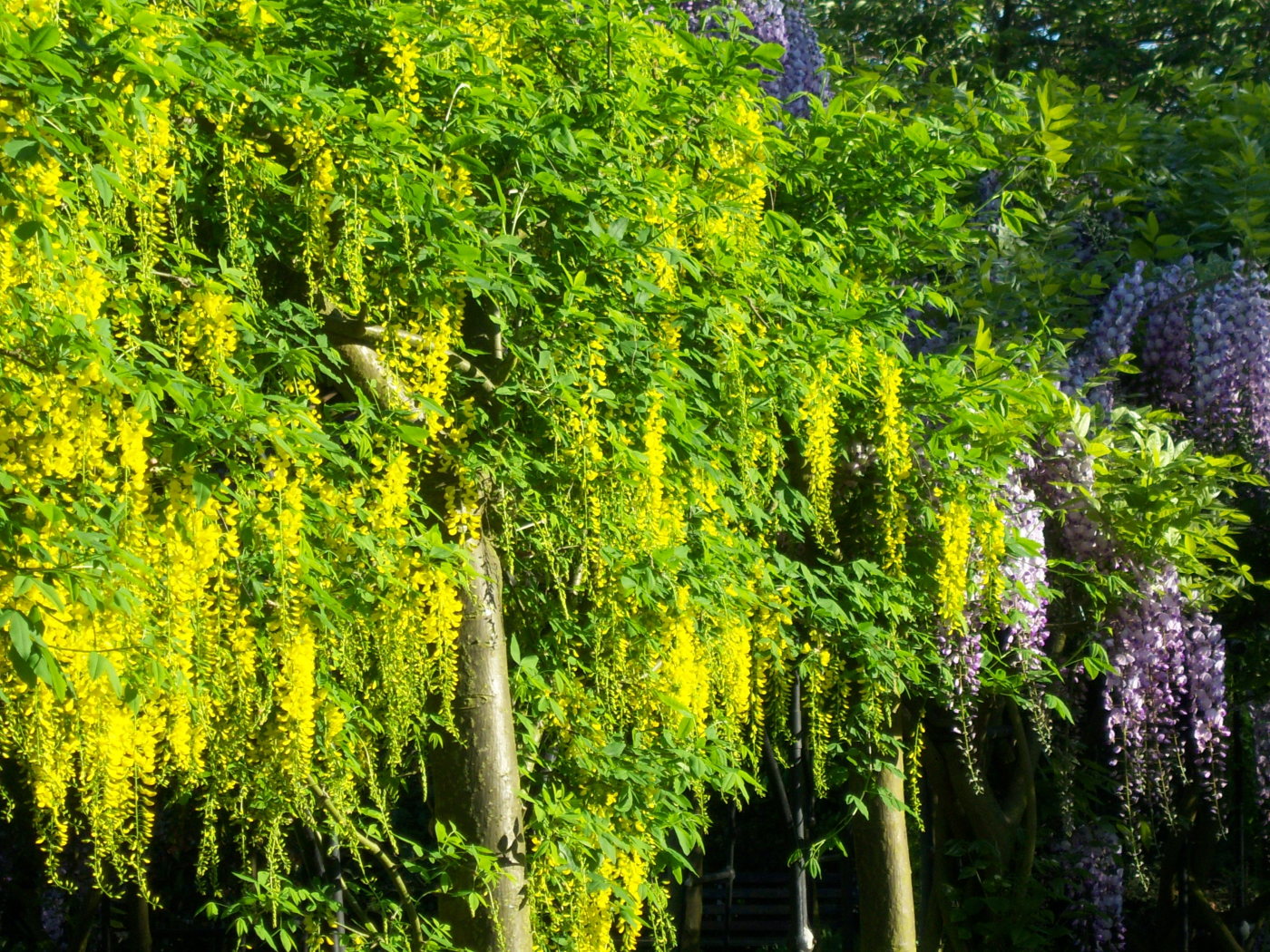Landscape Architecture for Landscape Architects › Forums › PLANTS & HORTICULTURE › Poolside Tree Planting
- This topic has 1 reply, 7 voices, and was last updated 16 years, 1 month ago by
 nca.
nca.
-
AuthorPosts
-
August 25, 2008 at 8:48 pm #176903
Patrick Healy
ParticipantHi fellow Landscape Designers,
I am looking for examples of poolside tree species that will provide adequate shade without dropping too much fruit / leaf debris. I’ve searched through other resources, but I know some of you out there may have the perfect solution.
Here are some trees that are commonly used near pools that I am not happy with:
Acacia sp.
Eucalyptus sp.
Dracaena sp.
Chamaerops sp.
Griselinia sp.Please lend your support.
Thank you!
August 26, 2008 at 1:02 am #176910 ncaParticipant
ncaParticipantI may not be able to offer much support here, but just to help expedite some responses could we have your hardiness zone and site factors such as desired height/spread, etc?
September 10, 2008 at 6:00 pm #176909 Adam Regn ArvidsonParticipant
Adam Regn ArvidsonParticipantI just wrote a piece for Landscape Architecture Magazine about a park/aquatic center in Carmel, Indiana. The pool area is the lushest I have ever seen. It was designed by Gregg Calpino in JJR’s Chicago office. I got some plant lists from him, but the magazine didn’t publish it, so it’s not public record. Maybe call the Carmel, IN, Parks department…
September 11, 2008 at 6:14 pm #176908 Les BallardParticipant
Les BallardParticipantI like alder trees. You can plant babies in bogs on drained, turned sods and they grow. They are the only cone bearing deciduous tree but shed late. They may have been the first christmas tree, having been found in the north east corner of roundhouses from thousands of years ago and I use a branch as such myself. You get free baubles in the form of little brown cones and green catkins but remove the leaves if still on. A spray from a can of silver paint looks nice but this is not original as there was no Woolworths/Woolmart several thousand years ago. About 8 feet of branch is right, lays flat against a wall – pretty much – doesn;t drop and bends back to about 6 feet with a nice star or angel on top. I hang only silver and white baubles on mine with white lights. On a tree thinning basis, the branch you take will probably be made up in the second year. An alder canopy can seem quite thick but is not too high and is a good dark green.
The reason why alder may have been valued so highly is that 3 different dyes are obtained from it – yellow from the leaves, green from the fresh cones in summer and red from under the bark. Accordingly, trees were probably cropped on a regular basis. The urine of men was probably used as a mordant and to set dyes in cloth, much as with Harris Tweed today. (That is why a damp tweed jacket smells of urine.) Persons enamoured of home dyeing home spun wool, from sheep, dogs or anything else, may buy bits.
The hazel naturally grows by water and does droop down to it unless coppiced. The salmon is supposed to have got it’s wisdom by eating hazel nuts dropping from the branches over the bank. Again, however, there is not much to pollute. The quite large leaves may be blown onto the water but can be cleared. Soaking logs in the river for 6 weeks allows rope to be made from the bark so you would imagine the specie will get on fine if planted and wet leaves will not rot quickly. However, I would coppice hazels inside the line of those lining the bank and even on the land side of those trees (for profit) but let one branch, on alternate trees, remain for nuts/wildlife.
We have osier willow trees cut for basketry, etc. leaving a stump a few feet high that ducks will nest on. Taking the crop of branches leaves little to pollute but it is worth remembering that the leaves contain asprin and a lot of willows by a pond may anaethetise the fish. (Aha, I wonder if an asprin wrapped in breadflake will catch the larger carp on a willow bordered lake?) At the risk of introducing felines to fantails and on a similar basis, the poisonous laburnum, a small tree but capable of training up frames, etc. can be planted on its own or to climb an existing tree. The leaves are small and while the flowers may fall in the water they are pretty. Being soft they rot quickly but can be removed. The poisonous seed pods especially, however, (a little child may think seeds in pods are little peas, when 3 will kill in a few hours) may make regular skimming of the water and exclusion of small people from the trees appropriate. That said, children should be taught not to touch what they are not told is safe and should always wash their hands after touching plant materials. Using laburnum should not be a no – no, however, unless we get half our garden plants banned too. Knowledge is power!
These laburnums, with wisteria amongst ash trees,
are on an iron frame in a cross shape,
making a walkway in a walled garden.Luv n Lite n Good Fishing
Les Ballard
September 11, 2008 at 7:12 pm #176907Patrick Healy
ParticipantHi all,
We are in Sunset zone 17, USDA hardiness zone 9a-10a. The city is Palo Alto, CA, most well-known for Stanford (hissss). Go CAL BEARS!!!!!
September 19, 2008 at 3:16 am #176906 Todd McCurdy, FASLA, CLARBParticipant
Todd McCurdy, FASLA, CLARBParticipantProbably not much help to you, but here in Florida, it’s palms, palms palms near pools. My personal favorite is a big multitrunk Phoenix reclinata in by pool I did in Ft. Lauderdale (actually Dania). Had some fun with Canary Island Palms too.
December 13, 2009 at 4:13 am #176905 Steve MercerParticipant
Steve MercerParticipantI agree in our area (Zone 6b) the only trees planted even remotely close to a pooi are Emerald Arbs. An they are planted for privacy… not shade. If shade is need plant some oaks of the white oak family far enough away from the pool that they will cast the appropriate shadows on the pool area in the desired time frame (say afternoon shade) I use Oaks of the white oak family as they tend to hold their leaves until early spring (when the pool would be covered anyway in our area)
December 14, 2009 at 3:19 am #176904 BoilerplaterParticipant
BoilerplaterParticipantAre you in SoCal now? Sounds like it from that list.
Majestic Beauty Hawthorns are good for a smaller tree that drops very little material. Italian Cypress is also good by the standard of dropping debris.
Med fan Palms are often used in Las Vegas around pools. Why don’t you like them? -
AuthorPosts
- You must be logged in to reply to this topic.



